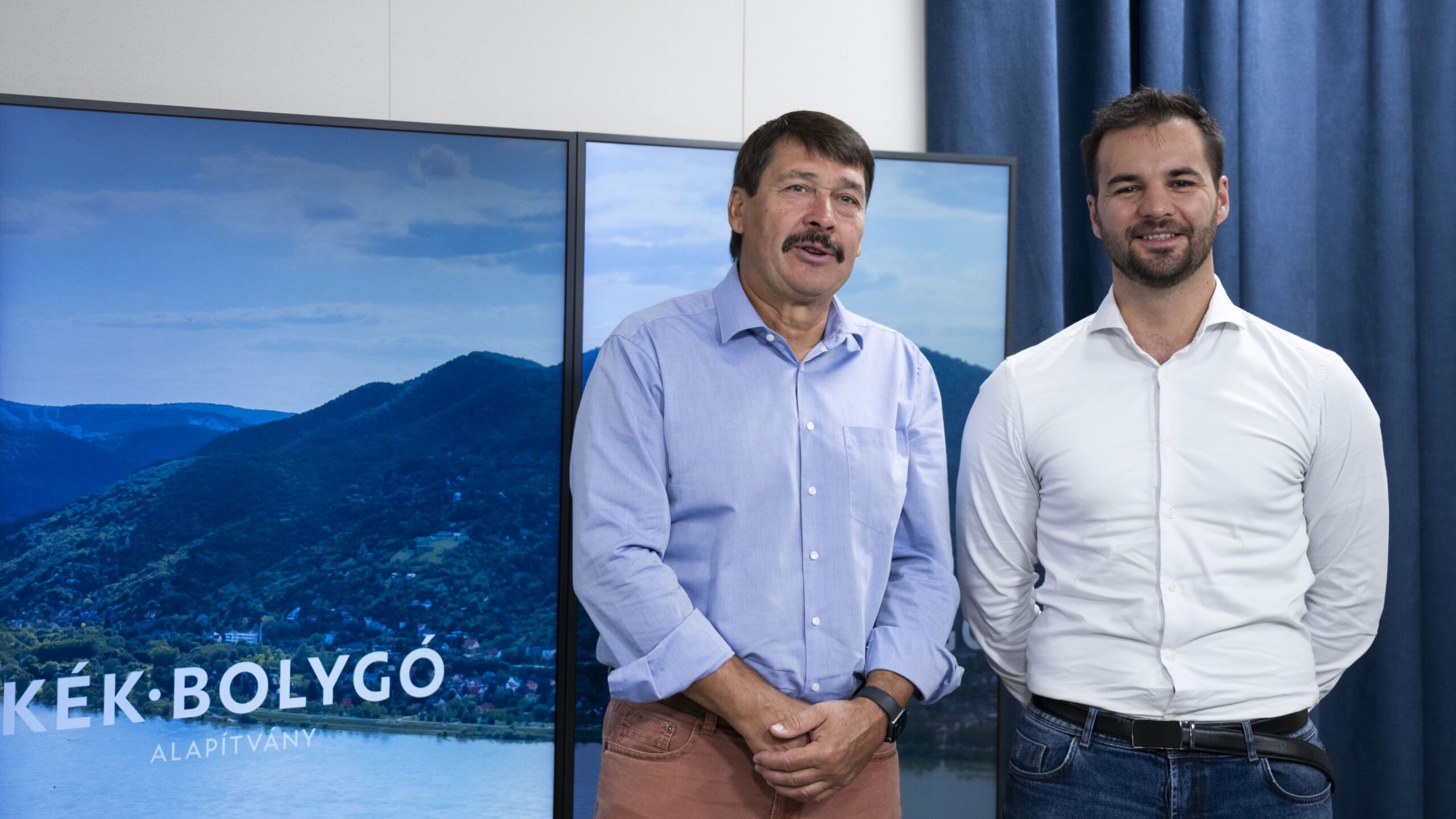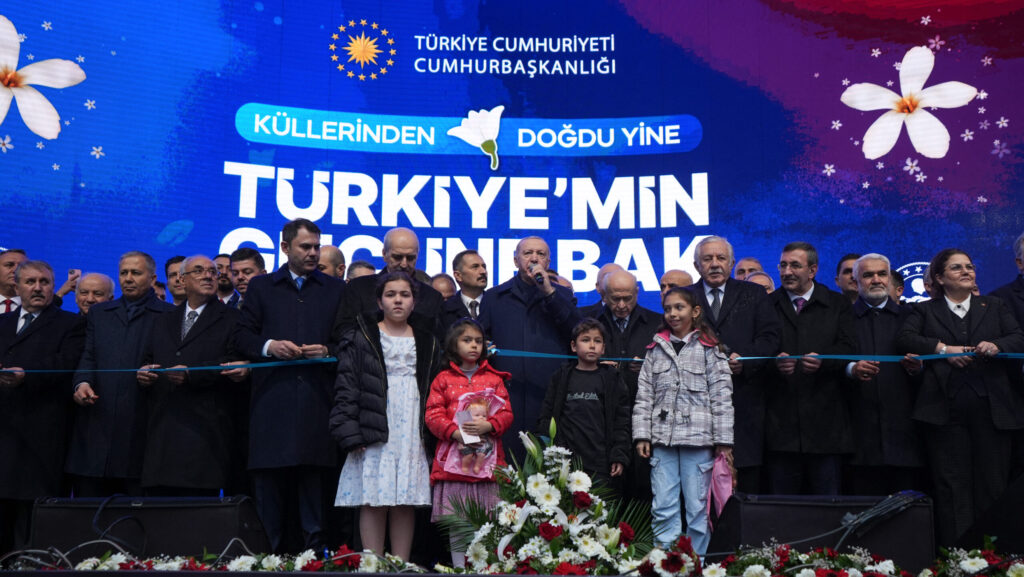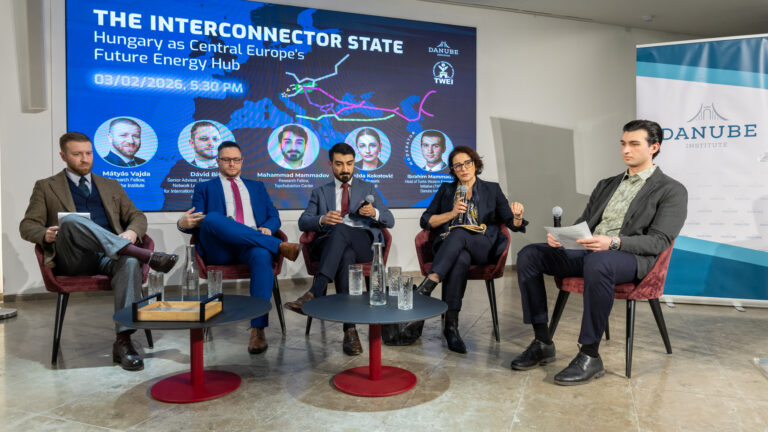Space research provides innovations that touch many aspects of everyday life, said former Hungarian President János Áder in the latest episode of his Blue Planet podcast. Speaking with astronaut Tibor Kapu, he highlighted both the personal experiences of astronaut training and the broader impacts of Hungary’s Hunor Astronaut Programme.
Kapu explained that the programme began with 247 candidates, narrowing to four after 14 months of rigorous testing. Following another year of basic training, two finalists travelled to Houston for a further year of preparation. He recalled moments of humour and challenge, such as modifying a helmet to fit during a Gripen fighter jet test flight, and practising emergency manoeuvres in aerobatic planes. Although some exercises were frightening, he emphasized that no life-threatening situations occurred.
Hungarian institutions played an important role in the training process. Semmelweis University provided medical support, technical expertise came from the Budapest University of Technology and Economics and Óbuda University, while the Counter Terrorism Centre and the Hungarian Defence Forces assisted in isolation, survival, and aviation exercises.
Viharok előrejelzése, pontosabb GPS – mit ad nekünk Kapu Tibor?
Memóriahab, csecsemőtápszer, vezeték nélküli elektronikus eszközök, számítógépes egér, okostelefonok kamerái, GPS, napelemek. Tudja, mi ezekben a közös? Az űrkutatás. Utóbbi nélkül ezek nem lennének a mindennapjaink részei. A második magyar űrhajós 25 kísérletet végzett a Nemzetközi Űrállomáson. Ezeket magyar egyetemek és cégek tudják majd hasznosítani. Kapu Tibor napjaink egyik legnépszerűbb közéleti szereplője.
Áder noted that technologies developed for space have become part of daily life, from freeze-dried foods and scratch-resistant lenses to memory foam and wireless headsets first used during the Apollo missions. Kapu added that these innovations often stemmed from the high costs and constraints of space travel, where every gram counts.
During the mission, astronauts carried out around 60 experiments, 25 of them Hungarian. Research ranged from studying DNA damage caused by cosmic radiation to observing rare storm phenomena like red sprites—plasma discharges reaching up to 100 kilometres. Other experiments explored navigation systems based on smartphone sensors that could be vital in GPS-free environments such as cave rescues.
Kapu described the Hunor Programme as a gateway for Hungarian scientists to contribute ideas and gain valuable expertise. He believes the collaboration and problem-solving involved will inspire future innovations, creating a foundation for continued Hungarian participation in space research.
Related articles:







